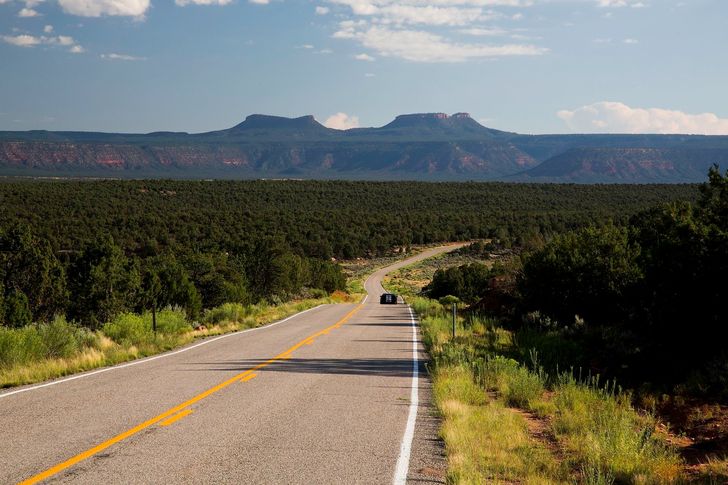Amidst the firestorm that is current American politics, the fight to protect public lands, native lands and wilderness might seem like the last thing to worry about. "I mean c'mon," you say, "Putin is eyeing Washington, gun violence is still running rampant and no one can decide on an immigration policy! Nature is the last of my problems!".
Many Americans don't realize it but, our country's natural wonders set us apart from the rest of the world. It makes us unique.
Thanks to John Muir, Theodore Roosevelt, and others, USA was one of the first countries to implement government protection for land, and one of the first to create vast natural spaces which belong to every citizen equally. We have almost every climate and landscape that can exist within our latitudes, we have two types of deserts, two massive ecologically and biologically different mountain ranges, the fifth largest river basin in the world, thousands of miles of coastline touching multiple oceans and of course the great plains which have been a symbol of America's natural beauty since the country's inception.
The debate surrounding public lands exploded following President Trump's attempt to shrink Bears Ears National Monument and Grand Staircase-Escalante as well as opening some wilderness preserves to drilling and introducing a plan to reduce to power of the Antiquities Act which allows presidents to protect any land with scientific, cultural or historical importance by declaring it a national monument. Generally speaking, liberals favor protecting these large swaths of wilderness while conservatives oppose taking the land away from people who use it for their livelihood and see these areas as untapped economic resources.
For example, with Bears Ears Utah many Republicans saw the creation of the monument as president Obama abusing his power under the Antiquities Act to restrict conservative economic interests. The monument sits on top of natural-gas reserves and for many ranchers in the area, the restrictions on public lands put them out of work. Trump's attempt to reduce the size of Bears Ears or to remove its designation as a national monument completely is the first time any president has undone a previous presidents designation. Since the Antiquities Act allows presidents to declare national monuments, but it does not say anything about reducing or removing them, not only is the action controversial but it's in murky waters legally.
The fight between preservation or economic use seems to be a constant black and white battle between conservative and liberal interests. We have to choose between individual and national economic interests or environmental interests. But in my eyes, there is a third option. I think the US Government and the state governments can create a compromise that allows the parks and monuments to remain but which helps develop them into a booming economic resource without damaging their beauty or ecology. The land itself IS an economic powerhouse for the US. According to the National Park Service, last year, about 331 million people—more than the country's entire population—visited national parks. They draw people from all over the world to marvel at the wonders of the earth and, yes, to spend their money.
If we can capitalize on the interest in the outdoors and in the American parks system we can create a thriving industry that still protects the interests of environmentalists and outdoor enthusiasts.
I am not a politician or an economist but to me this makes sense, I've seen it work in my small mountain hometown where a major part of the economy is the tourists brought in by the mountains. More and more people are seeing the positive effects that outdoor recreation has on mental and physical health, and outdoor sports like mountain biking, climbing and hiking are becoming more popular in every generation. We can focus on creating jobs within the parks and on federally managed land that help maintain the ecosystems and help support tourists and outdoor recreationists using the land. Working together we can create sustainable ways for ranchers and loggers to continue to use the land alongside the climbers, hikers, campers and tourists who want to experience the incredible American landscapes.
Camping and climbing pass to help generate revenue for the upkeep and improvement of the parks could be instated as part of the compromise. The monetary gains from stripping these lands of natural resources will run out far faster than the gains from strengthening the ecotourism and outdoor recreation industries. It will take effort and small sacrifices from every sector, but it can be a stepping stone to creating productive workable and long lasting compromises to other issues.



















